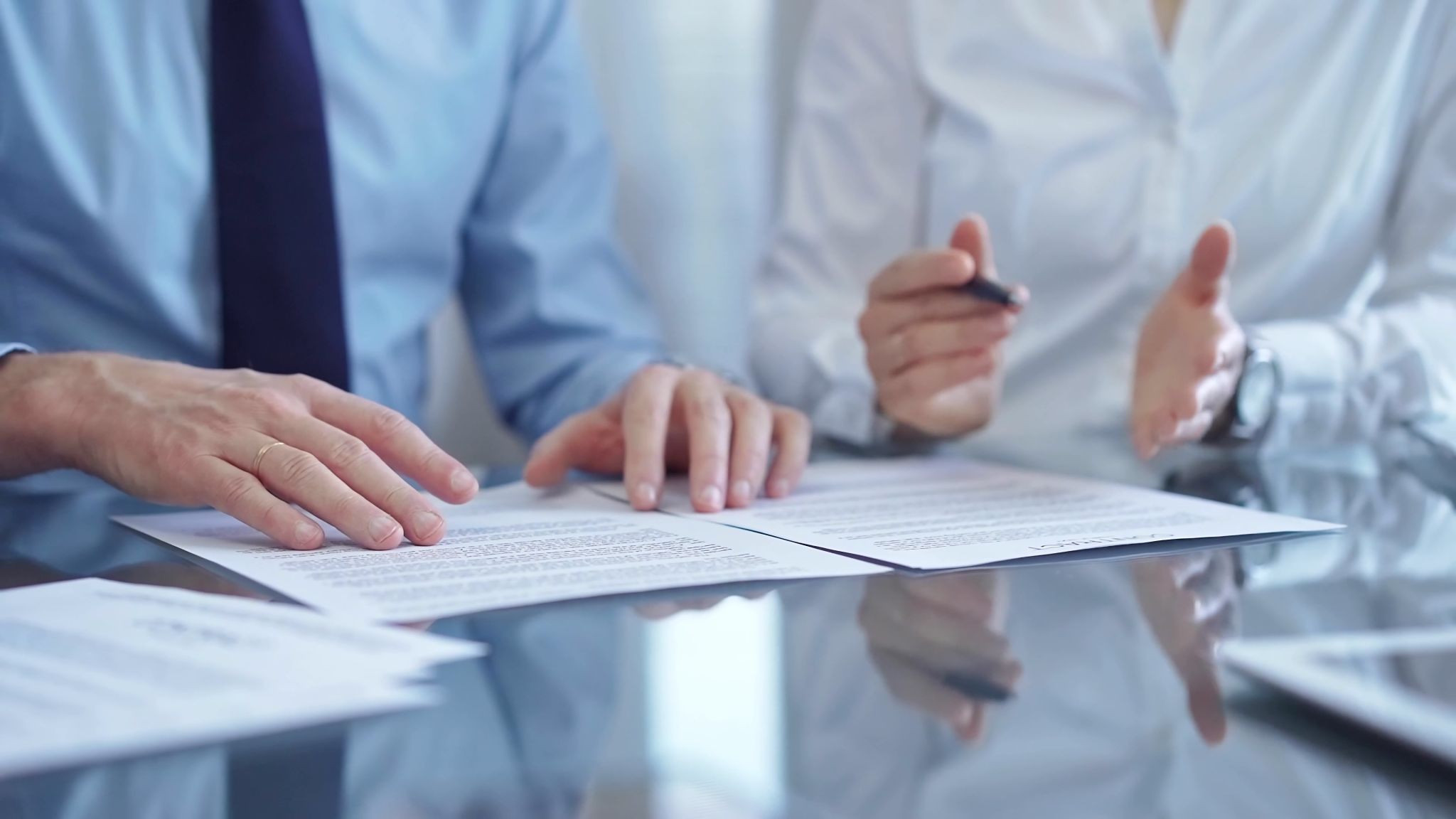Step-by-Step Guide to Preparing for Your First Mediation Session
Understanding Mediation
Mediation is a structured process where a neutral third party, known as a mediator, assists disputing parties in resolving conflicts through dialogue and negotiation. It is often seen as a less adversarial approach compared to litigation. Mediation can be applied to various disputes, including family matters, business conflicts, and workplace disagreements.

Choosing the Right Mediator
Selecting a qualified and experienced mediator is crucial for a successful mediation session. Consider factors such as the mediator's expertise in the relevant field, their approach to mediation, and previous client testimonials. It's important to find someone who can facilitate open communication and guide both parties toward a mutually beneficial agreement.
Preparing Yourself for the Session
Preparation is key to achieving a positive outcome in mediation. Start by clearly identifying your goals and what you hope to achieve from the session. Knowing your objectives will help you stay focused during discussions and negotiations. Additionally, make sure you understand the key issues at hand and gather any necessary documentation that supports your position.

Understanding the Other Party's Perspective
Empathy plays a significant role in mediation. Take time to consider the other party's perspective and what their interests might be. This understanding can lead to more productive conversations and can help in identifying areas of compromise. Remember, mediation is about finding a resolution that satisfies all parties involved.
Setting Realistic Expectations
It's important to set realistic expectations before entering a mediation session. While mediation aims to resolve disputes amicably, not every session results in an agreement. Be open to the possibility that multiple sessions may be required to reach a satisfactory resolution. Keeping an open mind will help you remain flexible during negotiations.

Effective Communication Techniques
During the mediation session, effective communication is vital. Practice active listening by paying close attention to what the other party is saying and responding thoughtfully. Use "I" statements to express your feelings without placing blame, which can help reduce defensiveness and keep the conversation constructive.
The Day of Mediation
On the day of the mediation, ensure you are well-rested and calm. Arrive early to familiarize yourself with the setting and any procedures that may be in place. Being physically and mentally prepared will enable you to engage more effectively during the session.
The Role of Confidentiality
Mediation sessions are typically confidential, meaning that anything discussed cannot be used in future legal proceedings. This confidentiality allows parties to speak openly without fear of repercussions. Understanding this aspect can help foster a more honest and transparent dialogue.
In conclusion, preparing for your first mediation session involves understanding the process, choosing the right mediator, and setting realistic expectations. With thorough preparation and effective communication, you can approach your mediation session with confidence and increase the likelihood of reaching a successful resolution.